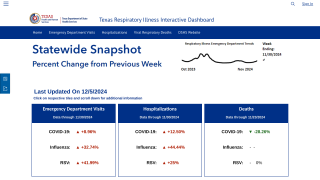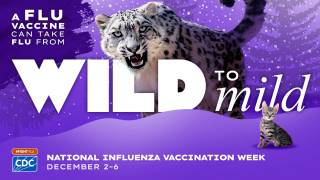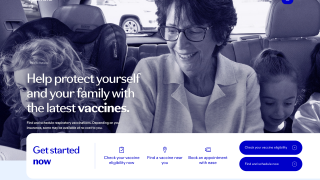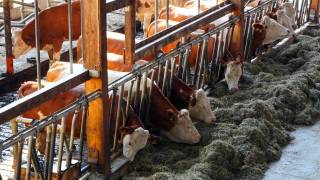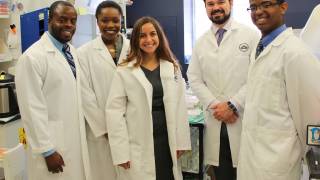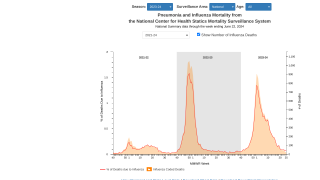Detecting Flu Viruses at Airports
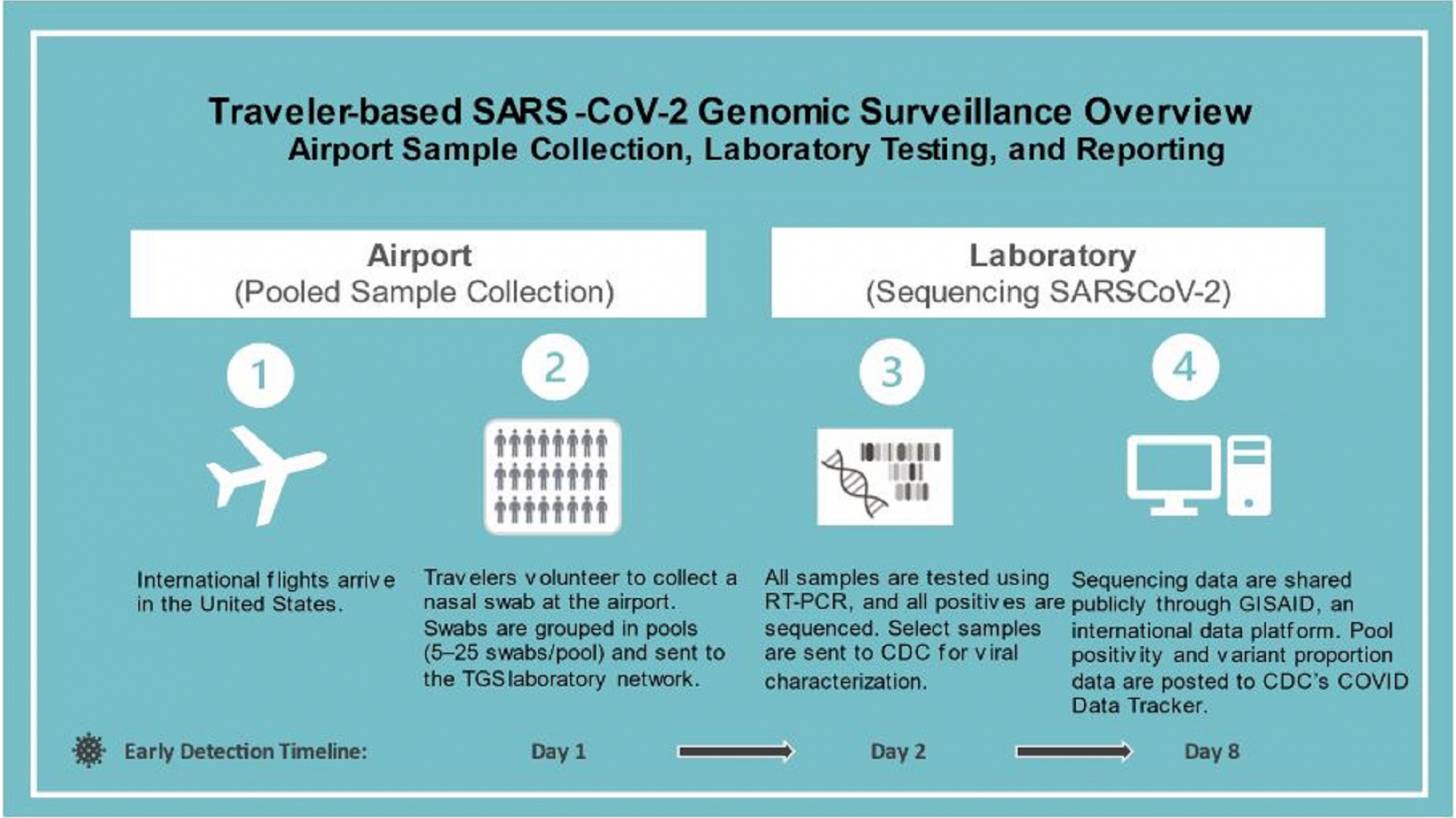
Ginkgo Bioworks today announced that they had expanded their support for the U.S. Centers for Disease Control and Prevention's (CDC) Traveler-based Genomic Surveillance (TGS) program to include a study monitoring influenza viruses.
Traveler-based pathogen monitoring represents a novel approach to influenza surveillance, complementing CDC's ongoing efforts by providing early insights into global trends in influenza virus evolution.
Furthermore, this CDC program is an additional source of viral surveillance to inform the selection of influenza vaccine viruses for the forthcoming 2023-2024 flu season.
Ginkgo confirmed on January 17, 2023, international travelers arriving at participating U.S. airports can enroll in the program voluntarily to be sampled for pathogen surveillance purposes.
These samples from more than thirty countries are then tested for influenza A and B and the SARS-CoV-2 coronavirus.
Samples that test positive for influenza are then shared with CDC for viral genomic sequencing and culturing for further in vitro characterization.
The resulting insights may help select vaccine viruses and inform candidate vaccine development for the next flu season.
Since August 2021, the program has delivered timely public health insights into rare and emerging SARS-CoV-2 variants and sublineages and informed responses to outbreaks and surges through an innovative public-private partnership between CDC, Concentric by Ginkgo, the biosecurity and public health unit of Ginkgo Bioworks, and XpresCheck by XWELL, Inc., in U.S. airports.
"As biological threats continue to emerge, evolve, and disrupt our lives as they spread across our interconnected world, the large-scale solutions we built to respond to COVID-19 are now forming the basis for the long-term biosecurity infrastructure we need," commented Matt McKnight, General Manager, Biosecurity at Ginkgo, in a related press release.
"Traveler-based detection represents a critical early warning system that can act like a radar for potential public health threats, beginning with COVID-19 and flu."
"Working in close partnership with CDC and XpresCheck enables us to pursue sustainable innovation, sidestepping global cycles of crisis and complacency in public health to strengthen this badly needed radar system for the years to come."
Recently, the program was among the first globally to identify BQ.1.1 and contributed to its sub-lineage designation. TGS also has been among the first to identify and report BA.2.75.2, XBB, and CH.1.1 in the U.S.
The CDC website stated on January 17, 2023, future program expansion plans are underway and include adding more airports and flights and collecting individual samples from each person participating in pooled sampling.
These individual samples can be tested when more information about the source of a variant is needed.
The TGS has also started conducting aircraft lavatory wastewater surveillance, which can provide valuable information without directly involving travelers.
Our Trust Standards: Medical Advisory Committee


